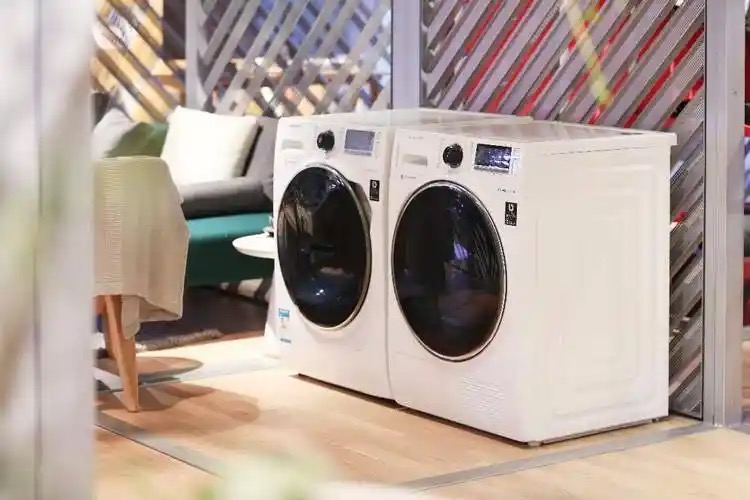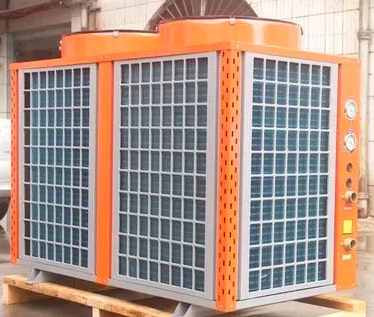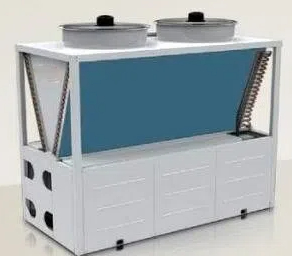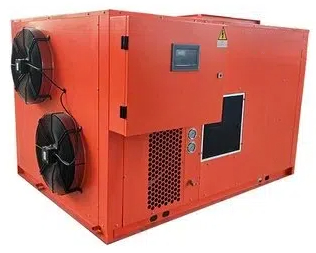
Content Menu
● Introduction
● Understanding the Technology
>> How Heat Pump Dryers Work
● Superior Energy Efficiency
>> Energy Savings Breakdown
● Clothing Care Benefits
>> Fabric Protection
● Environmental Impact
>> Eco-Friendly Features
● Installation Advantages
● Smart Features and Innovation
>> Technology Integration
● Performance Considerations
>> Drying Effectiveness
● Long-term Value
>> Cost Analysis
● Maintenance Requirements
>> Regular Care
● Comparison with Traditional Dryers
>> Performance Metrics
● Making an Informed Decision
● Future of Drying Technology
● Frequently Asked Questions
>> Q1: How much more efficient are heat pump dryers compared to conventional dryers?
>> Q2: Do heat pump dryers really protect clothes better?
>> Q3: What is the typical lifespan of a heat pump dryer?
>> Q4: Are heat pump dryers worth the higher initial cost?
>> Q5: How do maintenance requirements compare to conventional dryers?
>> Q6: Can heat pump dryers work in any climate?
Introduction
The evolution of laundry technology has brought us to an important crossroads in home appliance choices. Heat pump dryers have emerged as a revolutionary alternative to conventional dryers, promising superior efficiency and performance. This comprehensive analysis explores whether heat pump dryers truly offer better value and performance compared to traditional options.
Understanding the Technology
Heat pump dryers represent a significant advancement in drying technology. These innovative appliances utilize a sophisticated heat exchange system that sets them apart from conventional dryers.
How Heat Pump Dryers Work
The process involves several key components working in harmony:
- Heat pump mechanism
- Closed-loop air circulation
- Advanced moisture extraction
- Temperature control system

Superior Energy Efficiency
One of the most compelling advantages of heat pump dryers is their remarkable energy efficiency. The closed-loop system continuously recycles and reuses hot air, resulting in significantly reduced energy consumption.
Energy Savings Breakdown
- Lower power consumption
- Reduced operating costs
- Better energy ratings
- Sustainable operation
Clothing Care Benefits
Heat pump dryers offer superior clothing care through their gentle drying process:
Fabric Protection
- Lower drying temperatures
- Even heat distribution
- Reduced wear and tear
- Better color preservation
Environmental Impact
The environmental benefits of heat pump dryers are substantial:
Eco-Friendly Features
- Reduced carbon footprint
- Lower energy consumption
- No external venting required
- Sustainable technology

Installation Advantages
Heat pump dryers offer flexible installation options:
- Ventless operation
- Compact design options
- Multiple placement possibilities
- Simple setup requirements
Smart Features and Innovation
Modern heat pump dryers come equipped with advanced features:
Technology Integration
- Smart connectivity
- Mobile app control
- Automatic sensors
- Custom programs
Performance Considerations
Understanding the performance aspects:
Drying Effectiveness
- Moisture sensing accuracy
- Temperature control
- Cycle duration
- Load capacity
Long-term Value
Evaluating the long-term benefits:
Cost Analysis
- Initial investment
- Operating costs
- Maintenance expenses
- Lifetime value
Maintenance Requirements
Proper maintenance ensures optimal performance:
Regular Care
- Filter cleaning
- Condenser maintenance
- System checks
- Professional servicing
Comparison with Traditional Dryers
Key differences between heat pump and conventional dryers:
Performance Metrics
- Energy efficiency
- Drying time
- Operating costs
- Environmental impact
Making an Informed Decision
Factors to consider when choosing a heat pump dryer:
- Household needs
- Budget considerations
- Space availability
- Environmental priorities
Future of Drying Technology
The evolution of heat pump technology continues:
- Emerging innovations
- Efficiency improvements
- Smart integration
- Sustainable development

Frequently Asked Questions
Q1: How much more efficient are heat pump dryers compared to conventional dryers?
A: Heat pump dryers typically use significantly less energy than conventional dryers, with most models achieving energy savings between 40% and 60%. This efficiency is achieved through their innovative heat exchange system and air recycling technology.
Q2: Do heat pump dryers really protect clothes better?
A: Yes, heat pump dryers operate at lower temperatures and use more gentle drying methods, which results in better fabric protection. This means less wear and tear on clothes, better color preservation, and reduced risk of shrinkage.
Q3: What is the typical lifespan of a heat pump dryer?
A: With proper maintenance, heat pump dryers typically last between 10 to 15 years. Their sophisticated technology and quality components often result in a longer lifespan compared to conventional dryers.
Q4: Are heat pump dryers worth the higher initial cost?
A: For most households, the higher upfront cost is justified by long-term savings on energy bills and better clothes care. The payback period varies depending on usage patterns and local energy costs but typically ranges from 3-5 years.
Q5: How do maintenance requirements compare to conventional dryers?
A: While heat pump dryers require regular maintenance of their heat exchange system and filters, the maintenance is straightforward. The key difference is the need to clean the condenser unit periodically, which isn't necessary with conventional dryers.
Q6: Can heat pump dryers work in any climate?
A: Yes, heat pump dryers can operate effectively in any climate as they use a closed-loop system. However, their performance might vary slightly in extreme temperature conditions, though this typically doesn't significantly impact their efficiency.












